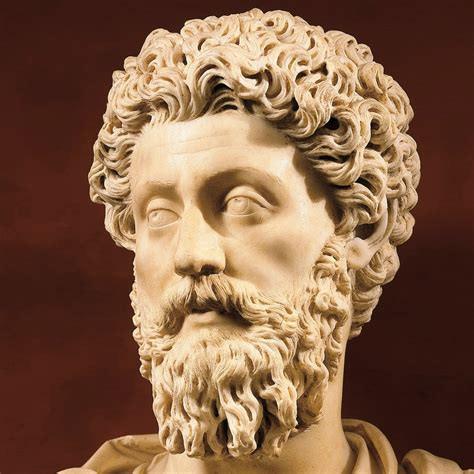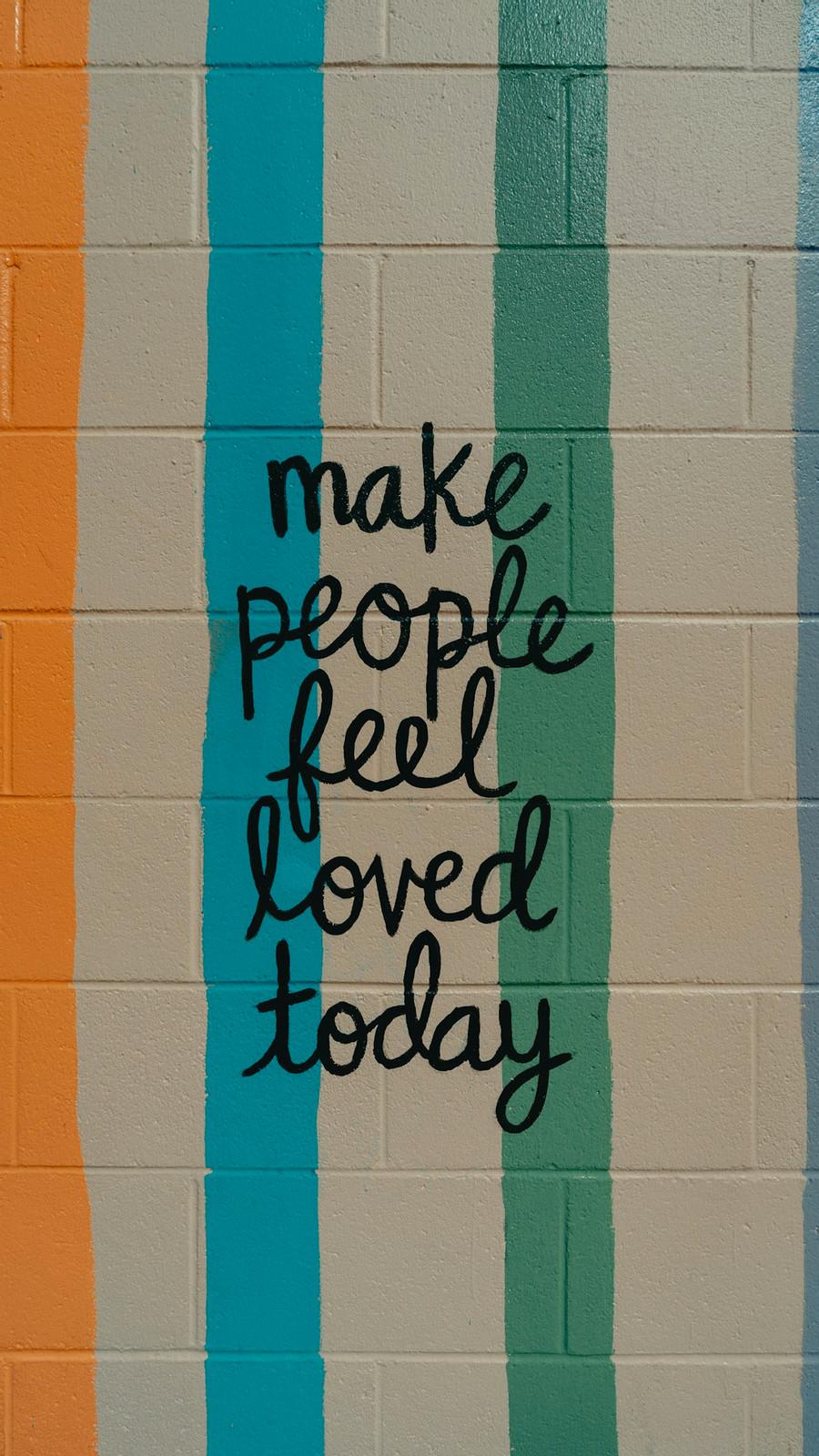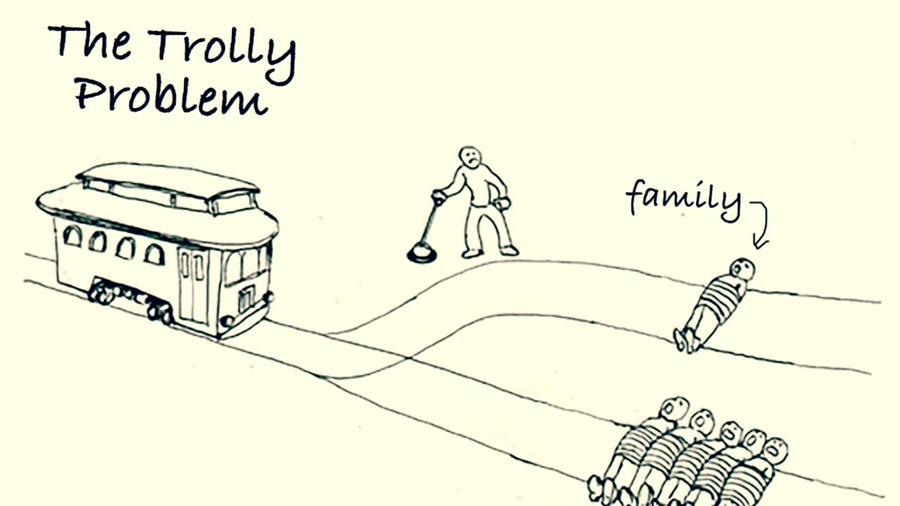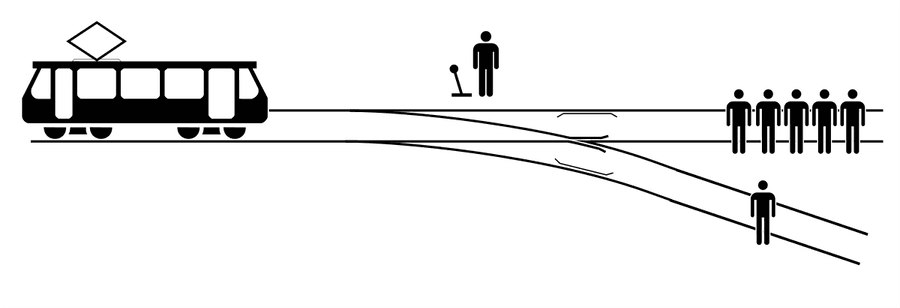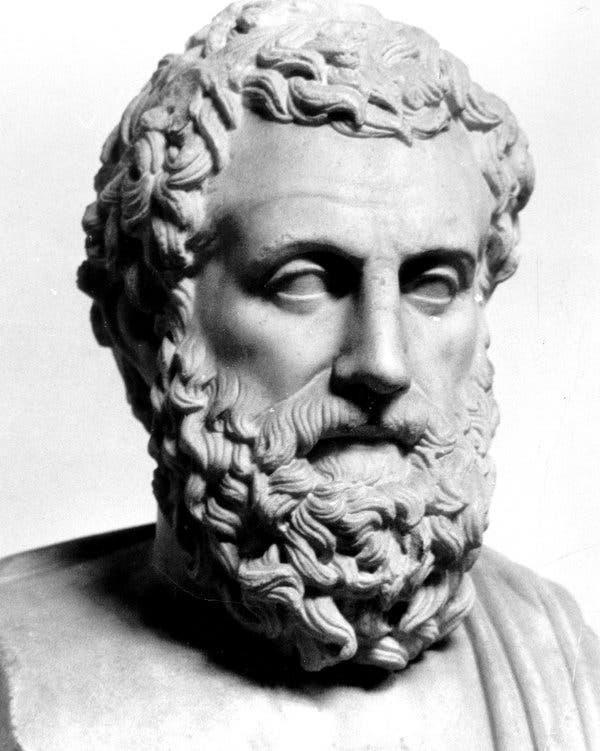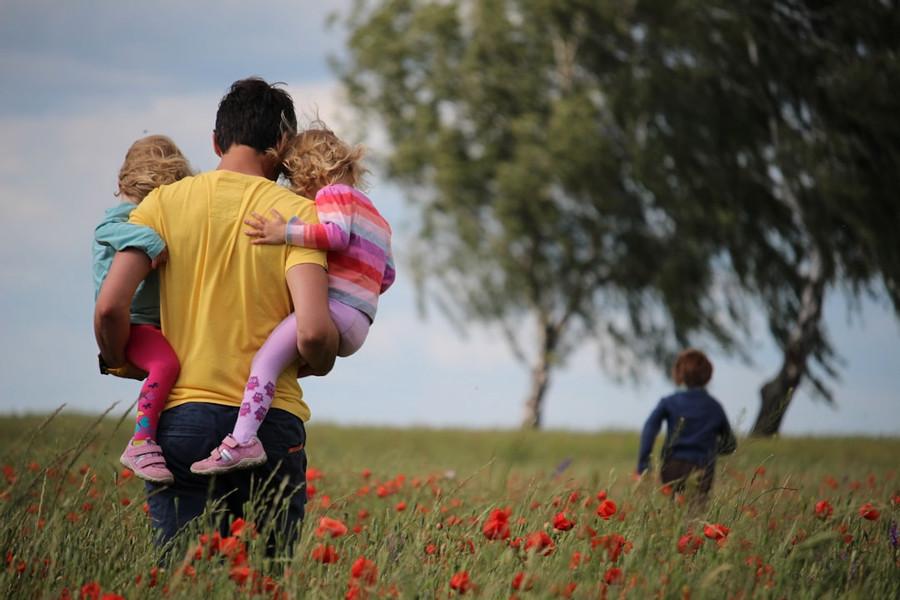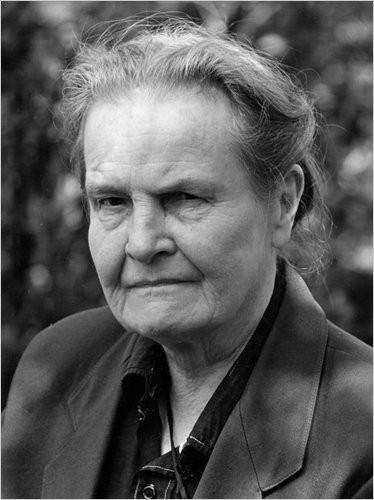Kyron Ito's Key Ideas from The Good Life Method
by Meghan Sullivan, Paul Blaschko
Ideas, facts & insights covering these topics:
17 ideas
·13.3K reads
77
2
Explore the World's Best Ideas
Join today and uncover 100+ curated journeys from 50+ topics. Unlock access to our mobile app with extensive features.
The Cause And Effect Of Goodness
Cultivating the right intentions leads moral improvement, moral improvement leads to human flourishing.
Sometimes we make horrible decisions that, luckily, don’t result in disaster. Sometimes we try to do heroic, loving, or generous deeds but don’t make any difference in the world. Moral improvement is a matter of improving your intentions, developing your character, and better understanding why you are aiming at particular morally important goals. And the good life is one that can be captured in a certain kind of story, one that depicts your own moral development accurately.
93
1.97K reads
The Ultimate Good: Flourishing
The “ultimate good” for human beings will involve satisfying our animal needs while also building up virtuous traits of character, over time and in a rational way.
Contemporary philosophers name this state as “flourishing”—the complete state of being a well-developed, accomplished, and happy (in the good-feeling sense) person. Those who achieve this goal will feel and act in ways that represent the best parts of our nature. They will acquire all the virtues—like courage, generosity, and wisdom—and will integrate them seamlessly in an intentional and purposefully lived life.
84
1.39K reads
The Only Thing That Matters
Asking yourself the right questions, followed by deep contemplation is one way to nurture your virtues.
The key to weathering any hardship or difficulty is to continually remind ourselves that what matters is not what happens to us but how we respond to it. Can you respond with kindness to those who offend you, or are you stricken with inner rage?
The Stoics believed that once we realize that the only thing that really matters is the state of our soul (or character), we can respond to any external obstacles in life by summoning this truth.
105
1.15K reads
The Three Contemplations Of Marcus Aurelius
- The Stoic General gives himself advice on virtue and reflects on what he has discovered about the good life in his own adventures.
- He reflects on nature, change, death—not just for himself but for everything in the universe. When he has a question about reality, he writes that down as well.
- He reflects on the meaning of others’ lives in relation to his own—what he has learned from them and why specifically their lives have been good.
81
1.05K reads
The Story Is The Reality
The stories we tell ourselves shape our lives, the truth of these stories decide to what extent we live in reality.
Storytelling is a skill that requires careful attention to the details of life. It requires developing a “morally thick” vocabulary that brings out the nuance in our intentions. Instead of thinking about our decisions in simple terms like “right,” “permissible,” or “inexcusable,” we need more expressive language to capture our situations and our responses to them. We’re sometimes “cowardly” even when we do the right thing. We can be “selfishly motivated,” or “generous.”
85
876 reads
Desire The Truth
Think about walking from a very dark room into a brightly lit one. You don’t immediately see more—you probably see less. Your pupils have to contract. Your brain has to process very different information. This everyday visual experience is a guide to the more serious difficulty we face when we try to learn. The hard question is how we can move ourselves to see and love what’s real. Do we want the sun or the puppet show? This is the core drama of any great education.
88
763 reads
Effective Altruism
Effective altruism is a philosophical movement dedicated to giving people extremely specific advice about how money should factor into living an ethical life.
The effective altruism movement is an ethical system guided by three connected assumptions about the role that money plays in the morally good life
81
789 reads
Living Generously: The Features Of Effective Altruism
- Many effective altruists think that our primary moral obligation is to reduce suffering and promote happiness and that we can measure the moral worth of our decisions based on how effective those decisions are at improving net happiness.
- Earn to give: Earn as much as you can. Then dedicate as much of your money as possible to the most effective causes for reducing suffering and promoting happiness.
- Effective altruists think we should decide who to help and how by using data about which interventions are most effective at promoting happiness and reducing suffering.
80
567 reads
Virtue Ethics
Virtue ethicists are sometimes accused of advocating a self-centred morality, one that overemphasizes how your spending and giving affect you, the giver, and your pursuit of eudaimonia. Shouldn’t morality be about other people—about selflessness?
But the effective altruists are selfless in a way that few of us can stomach. Their approach makes it very hard to see where there is any room to grow as a person with moral accomplishments and commitments.
77
517 reads
Looking Through A Moral Compass
Sometimes we make horrible decisions that, luckily, don’t result in disaster. Sometimes we try to do heroic, loving, or generous deeds but don’t make any difference in the world. Moral improvement is a matter of improving your intentions, developing your character, and better understanding why you are aiming at particular morally important goals.
And the good life is one that can be captured in a certain kind of story, one that depicts your own moral development accurately, and incorporates other people and the ways you support them in their pursuit of the good life.
77
454 reads
The Trolley Problem
A thought experiment to understand moral psychology:
A trolley is careening out of control down some tracks, on a heading to strike and kill five workers. Do you pull the lever to redirect the train which kills only one person? If it is okay to pull the lever, would it also be okay to push one bystander onto some train tracks to stop the trolley from hitting the five workers (killing him in the process)?
If one person dies in every scenario, why should it matter that she was pulled rather than pushed, the manner in which the killing happened?
77
551 reads
What The Trolley Example Proves
The surprising discovery is that subjects do have different reactions to these variations. The more “person-to-person” the trolley problem is, the more reluctant someone was to act. So people are more likely to pull a lever to change the tracks, much less likely to push another person to their death!
76
561 reads
Emotions and pleasure may be felt both too much and too little, and in both cases not well; but to feel them at the right times, with reference to the right objects, towards the right people, with the right motive, and in the right way, is what is both intermediate and best, and this is characteristic of virtue.
ARISTOTLE
83
556 reads
Contemplation is Pointless, And That Is The Point
Whereas goal-directed activities get their value from culminating in an achievement—crossing the finish line makes the painful marathon worth running—goalless activities have value apart from how they end.
Goalless activities are valuable just because you’re doing them, and they continue to be valuable as long as you do them and aren’t diminished in value because they don’t culminate in some big accomplishment.
In this category, we can put things like sitting on a quiet dock to watch the waves come in or playing with our kids until we lose track of time.
76
425 reads
Contemplation
Contemplation is continuous—it doesn’t have a clear beginning or end. If you are absorbed in a thought or a moment, there is no definite point when you have to turn away.
And contemplation is leisurely—there is no set pace you should strive to do it at and no such thing as being an “efficient” contemplative. Contemplative activities don’t have bittersweet endings, because they don’t really have endings at all.
75
436 reads
Are you not ashamed of your eagerness to possess as much wealth, reputation and honours as possible, while you do not care for nor give thought to wisdom or truth or the best possible state of your soul?
SOCRATES
80
586 reads
Principles that are mistakenly high and strict are a trap; they may easily lead in the end directly or indirectly to the justification of monstrous things
ELIZABETH ANSCOMBE
80
678 reads
IDEAS CURATED BY
CURATOR'S NOTE
Philosophy on ethics and goodness.
“
Kyron Ito's ideas are part of this journey:
Learn more about personaldevelopment with this collection
Conducting effective interviews
Identifying the right candidates for the job
Creating a positive candidate experience
Related collections
Discover Key Ideas from Books on Similar Topics
14 ideas
Living Beyond “What If?”
Shirley Davis
9 ideas
Why We All Need Philosophy
markmanson.net
9 ideas
How to Be a Stoic
Massimo Pigliucci
Read & Learn
20x Faster
without
deepstash
with
deepstash
with
deepstash
Personalized microlearning
—
100+ Learning Journeys
—
Access to 200,000+ ideas
—
Access to the mobile app
—
Unlimited idea saving
—
—
Unlimited history
—
—
Unlimited listening to ideas
—
—
Downloading & offline access
—
—
Supercharge your mind with one idea per day
Enter your email and spend 1 minute every day to learn something new.
I agree to receive email updates



